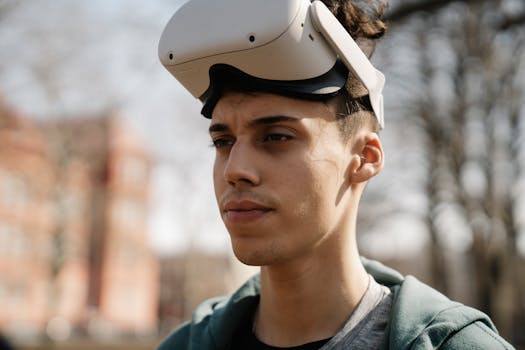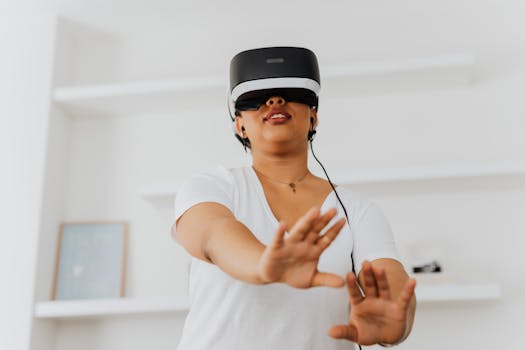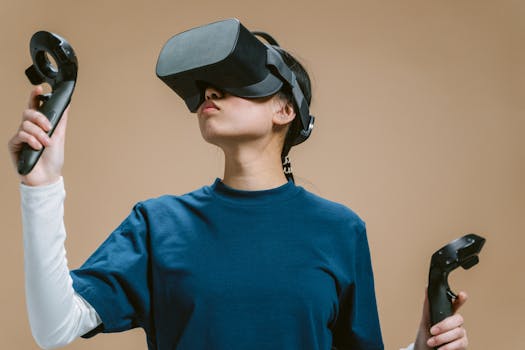
The Emergence of the Metaverse

The concept of the metaverse has captured the imagination of tech enthusiasts, gamers, and business leaders alike. As defined, the metaverse encompasses a collective virtual shared space, created by the convergence of virtually enhanced physical reality and physically persistent virtual reality. In 2025, we can expect significant advancements in technology to create more immersive experiences. Individuals will engage with each other in real-time within ever-expanding digital ecosystems that blend work, play, and social interaction.
Augmented Reality Glasses: The Future of Viewing

One standout gadget expected to revolutionize our virtual lives are smart glasses leveraging advanced augmented reality (AR). These glasses will seamlessly overlay digital information on the physical world, enhancing user experience. Imagine having virtual interfaces in your regular surroundings without needing handheld devices. By 2025, top brands like Apple and Google are investing in AR technology, aiming for lightweight, fashionable alternatives to bulky headsets. Such features are set to break down barriers and propel the use and acceptance of AR technology in daily life.
Immersive VR Headsets: A New Realm of Interaction

Immersive VR headsets are projected to enhance and enrich more engaging experiences by 2025. Heading the charge are tech companies like Meta and HTC, offering sleek designs and superior graphics. With high refresh rates and minimal latency, these headsets allow users to experience visually stunning landscapes and participate in lifelike interactions in these vast expanses. Collaborative worlds that bridge consciousness will change how we socialize and work remotely, making meetings and interactions dynamic and impactful.
Haptic Feedback Technology: Touching the Virtual World

The integration of haptic feedback technology will allow users to physically interact within the metaverse. By 2025, wearable tech like gloves and vests with haptic outputs will simulate the sense of touch in these digital environments. When playing games or experiencing simulations, users will feel actual movements, creating a more immersive feel. Imagine reaching out to touch an object or feeling the simulated sensation of ice-cold air representing a virtual winter experience.
AI and Voice Recognition: Conversational Interfaces

Artificial Intelligence (AI) and sophisticated voice recognition systems are highly anticipated to thrive in the metaverse by 2025. Advanced bots and virtual assistants will support and enhance user interactivity, from simple coordinates to complex tasks in a seamless, intuitive mode. Gesture-based commands combined with voice analytics will improve accessibility and open up user-friendly interfaces to individuals from all backgrounds, stimulating wider adoption. Understanding user needs and preferences clarifies services offered across varied platforms, removing unnecessary hurdles encountered in the physical world.
